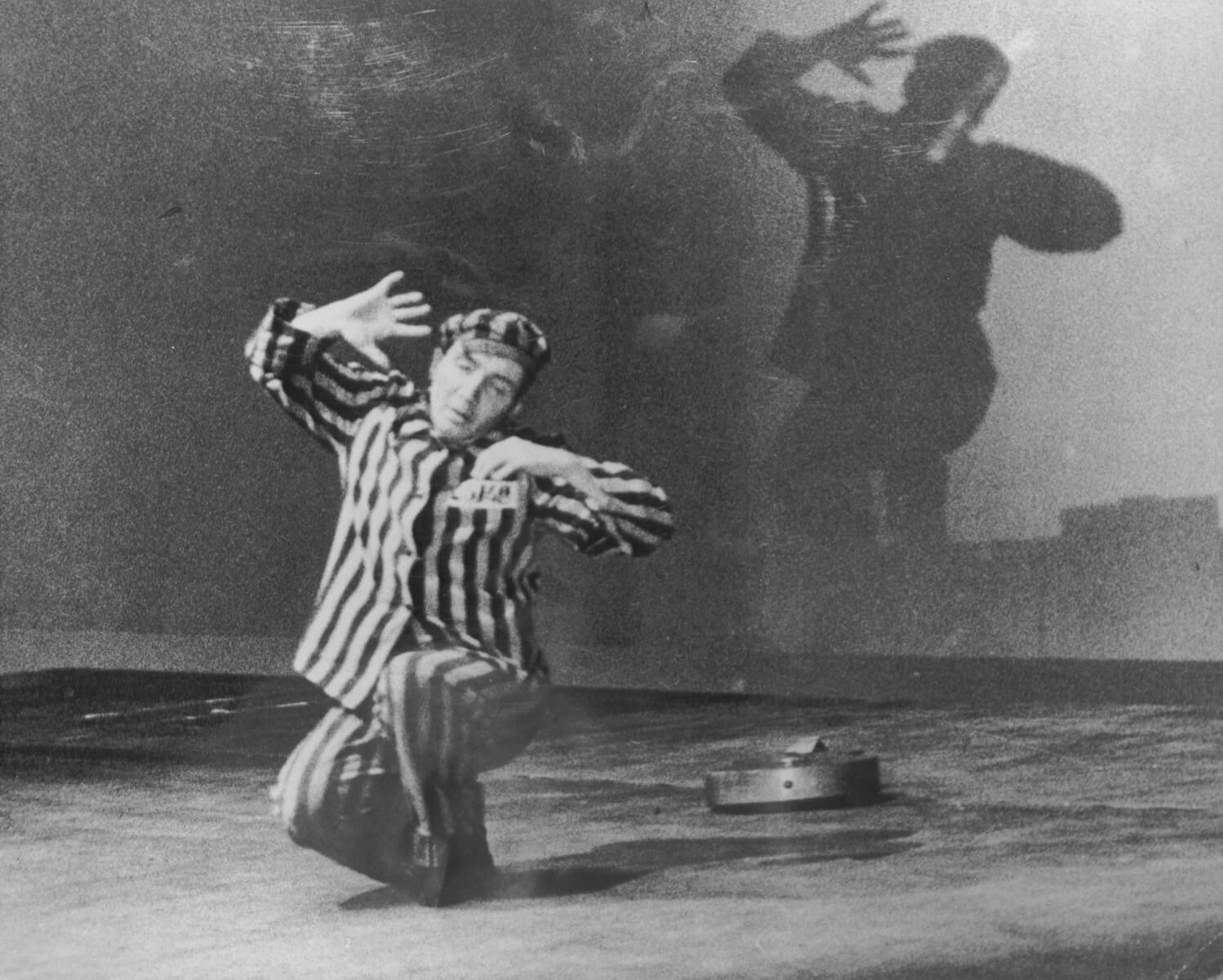wiggins
Forum Veteran
I've been researching Starvation Disease and the Muselmaenner.
The following articles are on this subject.
Starvation Disease is the bodies changes to lack of food. From hunger, to severe hunger, to leathergy and finally to a sweet contentment and lack of hunger or even any cares at all as the line between life and death is reached. This last stage was called the Muselman, those so debiliated by starvation that even pain ceased to bother them anymore. They had their food stolen, they were beaten because they could no longer work or their brains so slowed by starvation that they did not understand what was being said to them. Shunned by all they died on parade or were sent to the ovens during the next selection. Even after liberation it was almost impossible to save them, despite NG feeds, IV fluids etc. They died in their thousands.
There is a feeling in the following literature that the Muselmann was the final product of the camps. The fear of becoming one was what made other inmates avoid looking at them.
They were always cold and liked to rub themselves on things. When two of them got together they would stand back to back rubbing against each other, the so called 'dance of the muselmenen'. There is something so macarbe about this phenomonon that I am still trying to comprehend. Allied POW's of the Japanese reached similar levels of starvation but they had self organised based on the military units they were and had camp hospitals where extermination was not a goal and so we do not seem to get a Japanese POW Muselmann phenomenon.

 www.theatlantic.com
www.theatlantic.com

 forward.com
forward.com
 collections.ushmm.org
collections.ushmm.org
The following articles are on this subject.
Starvation Disease is the bodies changes to lack of food. From hunger, to severe hunger, to leathergy and finally to a sweet contentment and lack of hunger or even any cares at all as the line between life and death is reached. This last stage was called the Muselman, those so debiliated by starvation that even pain ceased to bother them anymore. They had their food stolen, they were beaten because they could no longer work or their brains so slowed by starvation that they did not understand what was being said to them. Shunned by all they died on parade or were sent to the ovens during the next selection. Even after liberation it was almost impossible to save them, despite NG feeds, IV fluids etc. They died in their thousands.
There is a feeling in the following literature that the Muselmann was the final product of the camps. The fear of becoming one was what made other inmates avoid looking at them.
They were always cold and liked to rub themselves on things. When two of them got together they would stand back to back rubbing against each other, the so called 'dance of the muselmenen'. There is something so macarbe about this phenomonon that I am still trying to comprehend. Allied POW's of the Japanese reached similar levels of starvation but they had self organised based on the military units they were and had camp hospitals where extermination was not a goal and so we do not seem to get a Japanese POW Muselmann phenomenon.

World War II: The Holocaust
Part 18 of a weekly 20-part retrospective of World War II

How one man's photographic memory helped preserve the music of the Nazi camps
Aleksander Kulisiewicz survived Sachsenhausen and went on to create a jaw-dropping archive of music from the Nazi camps.

